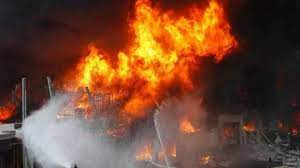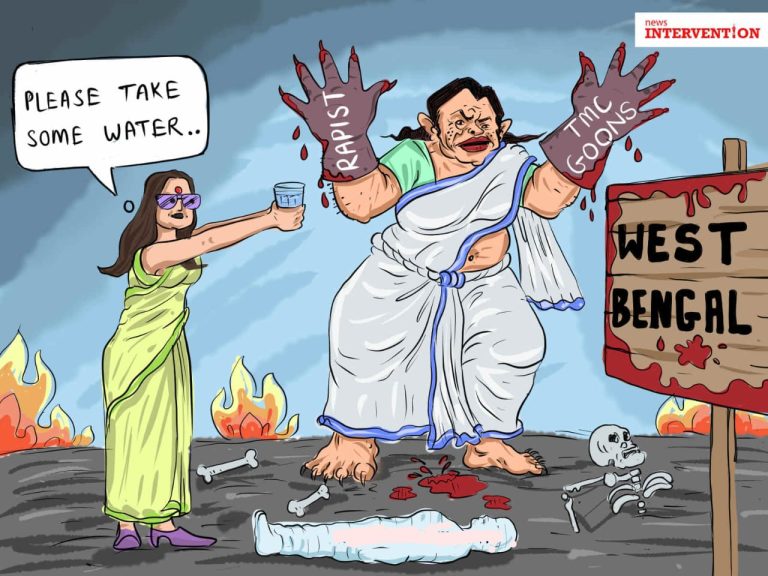While addressing the China-Pakistan Economic Corridor [CPEC] media forum in November 2015, the then Chinese ambassador to Pakistan, Sun Weidong, opined that he believed that “the CPEC is a process rather than just one project.”
Elucidating that CPEC would focus on four main components—cooperation in the fields of energy, transport infrastructure, industrial parks, and the development of Gwadar Port—Weidong added that these objectives would “be expanded to finance, education, poverty alleviation, and social development.” [Emphasis added].
While the Chinese envoy talked about CPEC in general, saying that “all these projects will definitely play a leading role in the construction of the CPEC in the future,” he did make one specific mention: that “Chinese companies will speed up the development of Gwadar Port.” [Emphasis added].
This announcement clearly indicates the vital importance of this port to this ambitious $62 billion project, because of which Gwadar is also being referred to as the ‘crown jewel’ and flagship of CPEC. Hence, it’s not at all surprising that a whopping $770 million has been allocated for the Gwadar port development project.
Besides extensive improvement of the port and creation of an international airport, a number of projects, like the creation of modern water treatment facilities and power plants, the establishment of the China-Pakistan Friendship multispecialty hospital, as well as the Pak-China Technical and Vocational Institute, will directly help locals.
It has officially been announced that the Gwadar port project would generate a host of employment opportunities and ensure a quantum improvement in the quality of life of locals due to the commissioning of power plants, water treatment facilities, and the creation of advanced medical facilities. Hence, one had expected that this project would receive overwhelming public support.
However, the people of Balochistan in general and residents of Gwadar in particular aren’t at all enthused. Au contraire, they are protesting against this project, and the reasons for the same aren’t too hard to find. Firstly, as all these projects are being planned and executed by Chinese businesses that are using Chinese labor, there are hardly any employment avenues for the local Baloch people.
Secondly, locals are greatly agitated by the indiscriminate exploitation of Balochistan’s mineral resources and the region’s utter neglect by Islamabad. Centre for China Analysis and Strategy President Jayadeva Ranade has rightly highlighted this sentiment by opining that “Gwadar additionally symbolizes the sense of alienation felt by many in Balochistan, who suspect that most of the benefits of the CPEC are going to outsiders.” [Emphasis added].
Thirdly, development of Gwadar port has led to the eviction of several locals from the houses in which they have been living for ages. The perceptible negligence in the provision of essential services is perceived by many as the local administration’s cunning ploy to compel locals to leave the area on their own by creating subhuman living conditions instead of protesting against further displacement.
To add to their woes, indiscriminate use of high-powered fishing trawlers by the Chinese and restrictions on local fishing boats citing security reasons have put local fishermen who use traditional fishing methods to a great disadvantage. In garb of ensuring security of Chinese nationals working on the Gwadar project, Rawalpindi has not only fenced off this area and converted it into a fortress, severely hindering routine movement of civilians, but also unleashed an unending campaign of anti-terrorist operations in Balochistan.
Besides causing great inconvenience to locals, such a highhanded approach has further accentuated a feeling of anger and alienation amongst the Baloch people. This in turn has spurred armed Baloch groups to target CPEC assets and Chinese workers. Rawalpindi’s failure to protect Chinese nationals has annoyed Beijing, and in order to placate its ‘iron brother’ and prove that it’s doing its best, the Pakistan army has unleashed a reign of terror in Balochistan under the guise of anti-terrorist operations.
The Pakistan army and other law enforcement agencies under its command are not only using excessive force against unarmed and innocent civilians but also brazenly indulging in extrajudicial killings and enforced disappearances as a matter of routine. Besides the judiciary, legislature, and various rights groups, these excesses have even been accepted by the Pakistan army itself.
Readers would recall that during a media interaction session on April 29, 2019, when asked by a journalist on enforced disappearances in Balochistan, the Pakistan army’s media chief replied, “We don’t wish that anyone should be missing; but when it’s war, you have to do a lot of things—as they say, all is fair in love and war; war is very ruthless”!
In an undated video recorded before Imran Khan became prime minister, the cricketer turned politician can be heard saying, “Our Army [is] bombing people in Balochistan; how can we bomb our own people? Is there any army you are bombing? It is our own people with their children, but it is important to understand—are we just bombing our people? Just think about the immorality of bombing villages with the women and children.” [Emphasis added].
Like those in other parts of Balochistan, the people of Gwadar too have for more than two decades suffered immensely at the hands of security forces and law enforcement agencies led by the Pakistan army, and their patience has worn thin.
Pushed to the wall, the battered Baloch people have no other option but to protest by blocking roads and taking out long marches to draw attention to their wretched plight. The fact that Baloch women have not only started participating in large numbers but even leading these protests unambiguously indicates just how serious things are!
Unfortunately, the Pakistan army remains unapologetic and unabashedly continues its reprehensible policy of trying to crush peaceful and legitimate public dissent in Balochistan through brute force, further aggravating the situation.
Doesn’t all this adequately explain why, despite being promised a multitude of modern life-changing facilities, the people of Gwadar are still protesting?










